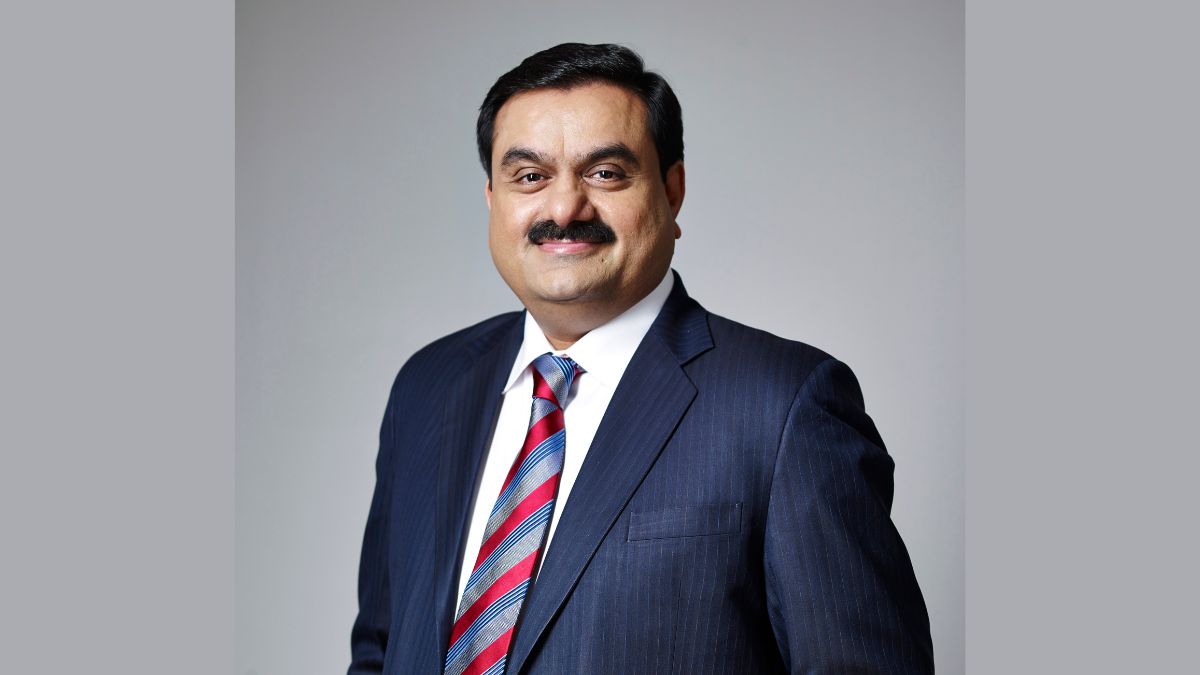Adani Ports cargo volumes surpass 300 MMT in 329 days
India’s largest transport utility beats its own milestone from last year of 354 days

Advertisement
Ahmedabad : In just 329 days, Adani Ports and Special Economic Zone Ltd (APSEZ), the largest integrated transport utility in India and part of the diversified Adani Group, handled 300 MMT of cargo, surpassing its own milestone from 354 days last year. Since its inception more than 20 years ago, APSEZ has experienced unparalleled expansion, outpacing the growth of cargo volume across all of India while significantly expanding its share of the market.
APSEZ CEO and WT Director Karan Adani: “The increase in cargo volumes is a testament to the trust our clients have in us.” It demonstrates our dedication to enhancing efficiencies and integrating technology to better serve our customers. Mundra, the main port of the APSEZ, is crushing its competitors and is still the largest port in the country in terms of the volume of cargo it processes. Because Mundra’s infrastructure is up to par with international norms and its service levels are on line with its worldwide competitors, it serves as India’s primary container cargo hub.
Increase in cargo volume handled at ports is a sign that the nation’s economy is picking up. Almost 95% of the trade volumes in India are carried through maritime transport. So, having world-class mega ports is imperative for the Indian coastline. Through concession agreements with various government authorities, APSEZ has strategically built a string of ports (pearls) across the coastline of India along with ICDs (inland container depots) and warehouses, woven intricately with self-owned rakes, covering more than 70% of the hinterland.
APSEZ has seen 4% growth y-o-y at its container terminals because of its efficient infrastructure, which not only helps the country increase its trade share in global trade but also makes it easier for consumers gain access to a wide range of international products at reduced costs. Also, the lower logistics costs associated with maritime allow Indian businesses to export goods around the world, boosting domestic economy and raising the employment rate of Indians in the process.
The engagement with container lines and the resolve to deliver on commitments has led to more new services at APSEZ terminals, raising volumes. Mundra Port shipped 1,501 fertiliser rakes in the current fiscal year with the total cargo dispatch of 4.8 MMT – the highest ever in the port’s history. This was made possible because of the port’s mechanized infrastructure and operational planning. This means vessels do not have to wait longer at the port as fertilisers are removed quickly from them, followed by quicker bagging and loading onto rakes with minimum wastage. The ability to turn around rakes and vessels quickly allows for the delivery of fertilisers to farmers round the year.
This year also saw growth in agri exports due to India’s record high foodgrain production and the Russia-Ukraine conflict that opened up opportunities for farm exports.
Mundra Port registered a record RO-RO exports – an increase of 18% largely due to long-time customer, Maruti Suzuki India Limited. Hazira has been continuously witnessing sustained growth in chemical volumes y-o-y due to its proximity to the chemical hub of India. It has seen a 16% growth this year.
APSEZ’s market leadership in container business has been strengthened because of its strategic partnerships with the world’s largest shipping lines like MSC and CMA- CGM. Mundra Port alone has handled 3,508 commercial vessels, hosting the country’s largest container vessel APL Raffles and the deepest draft container vessel MSC Washington.
Shipping larger quantities in a single shipment is very cost-effective. APSEZ’s foresight to maintain deep draft ports (cape-enabled) enables its customers bring larger vessel parcels, thereby lowering their overall logistics cost. Krishnapatnam Port has handled capesize vessel like MV NS HAIRUN that carried 165,100 MT of iron ore and departed the port waters with a departure draft of 17.75 m.
At a time when the country’s electricity demand is at an all-time high, APSEZ has risen to the occasion and handled the sudden surge of imported coal volumes flowing to India. In line with the government’s vision of RSR (Rail-Sea-Rail) movement of domestic coal, APSEZ has begun offering coastal coal export solutions to TANGEDCO through its Gangavaram Port. Similarly, it has been supporting the coastal coal movement to NTPC Khudgi by commencement of coastal coal handling at its Mormugao Terminal.
Besides expanding its business operations, APSEZ has also met its sustainability commitments. Energy and emission intensity has been reduced by around 41% and water intensity by 56% from 2016 levels. Electrification of Rubber Tyred Gantry Cranes (RTGs) and Quay Cranes has been completed, and that of Mobile Harbour Cranes is in progress, with 2023 as the target completion year. Diesel-based Internal Transfer Vehicles (ITVs) are being replaced by electric ITVs at Ennore, Kattupalli, Hazira and Mundra. The renewable share of electricity in 9M FY23 has been around 13%. With its plan to install 250 MW of renewable capacity on a captive basis, APSEZ is moving closer to its goal of becoming carbon neutral by 2025.
For more information, please visit www.adaniports.com
Advertisement

